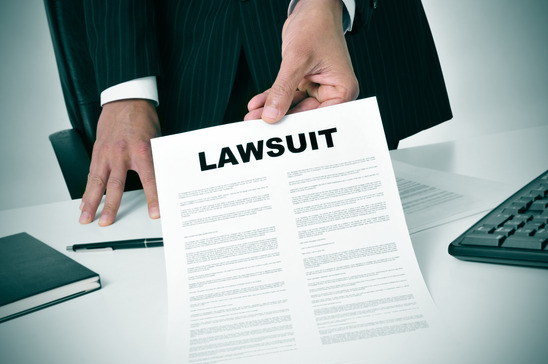
Dating back to its founding in 1886, Johnson & Johnson has grown to become a true household name for its sales, manufacturing and marketing of pharmaceuticals, medical devices and consumer care products. Among the most notable items produced by the company are things such as baby powders and shampoos, bandages, surgical implants and numerous popular medications.
Just about everyone has used a Johnson & Johnson product at one time or another, investing in the brand a great deal of trust and goodwill. However, there are many consumers who are unaware of the sheer volume of litigation in which the company or its subsidiaries have been named as defendants. Therefore, it is important for prospective purchasers of these goods to familiarize themselves with some of the most commonly lodged claims in Johnson Johnson lawsuits.
Talc-Based Products
A great deal of attention has been paid in recent years to litigation concerning Johnson & Johnson talc-based baby powder. Numerous litigants have filed claims alleging that products containing talc are a leading cause of deadly forms of ovarian cancer when used for feminine hygiene purposes.
Plaintiffs have argued that the company was aware of the risks talc posed for decades, but failed to warn of known dangers and took active steps to prevent broad dissemination of that information to consumers. Juries in multiple cases have sided with claimants, giving them massive compensatory and punitive damage awards.
Xarelto
While it certainly came to the market with great promise and publicity, the anti-coagulant drug Xarelto has proved to be one of Johnson & Johnson’s most controversial products. Plaintiffs in this litigation allege that the company was negligent in failing to create an antidote, leaving patients susceptible to potentially deadly uncontrolled bleeding events. It has been claimed that these known risks were hidden from the public while the company touted Xarelto as a superior alternative to warfarin, a commonly used blood thinner for which an antidote does already exist.
Hernia Repair Mesh
In the medical device realm, Johnson Johnson lawsuits have included a wave of claims concerning Ethicon Physiomesh and similar hernia and pelvic organ prolapse repair products. Plaintiffs in these cases have alleged that the mesh used in their surgeries was defective and caused infections, severe pain, allergic reactions and, in some instances, perforation of internal organs. Costly, inconvenient revision operations have frequently been required, adding to the losses sustained by claimants.
Invokana
Another subject of intense litigation involving Johnson & Johnson is that related to the type 2 diabetes drug Invokana. Produced by J & J subsidiary Janssen Pharmaceuticals, this drug was heralded as a next-generation method of addressing the diabetes epidemic. However, plaintiffs have alleged alarming instances of the potentially deadly condition known as diabetic ketoacidosis, urinary difficulties, fragile bones and the need for lower-extremity amputations, all of which they blame on Invokana.
DePuy Hip Implants
Though hip replacement surgery is now extremely common, a large volume of individuals have filed suit alleging that the DePuy (owned by Johnson & Johnson) implants they received were defective and responsible for a number of serious complications. Among the devastating side effects set forth my plaintiffs in these cases are things such as metal poisoning, allergic reactions, bone fractures, dislocations, debilitating pain and deep-vein thrombosis.
Risperdal, Concerta and Their Effects on Children
Sadly, a significant amount of litigation against Johnson & Johnson relates to losses suffered by young patients who have taken medications produced by the company or its subsidiaries. Though Risperdal was designed to address symptoms of schizophrenia in adult patients, many doctors prescribed the drug for “off-label” use as a means to treat anxiety, ADHD and similar disorders in children. Sadly, many patients who have taken the medication report experiencing gynecomastia (breast growth) in males, sexual disorders, fatigue and an elevated risk of heart attack and stroke.
Concerta is another Johnson & Johnson product designed for the treatment of children that has formed the basis of notable litigation. A prescription medication meant to treat ADHD, a growing number of plaintiffs allege that the drug causes suicidal thinking and major depression in kids as young as seven years of age. Additional side effects linked to Concerta include agitation, hallucinations, gastrointestinal complaints, seizures and tics.

